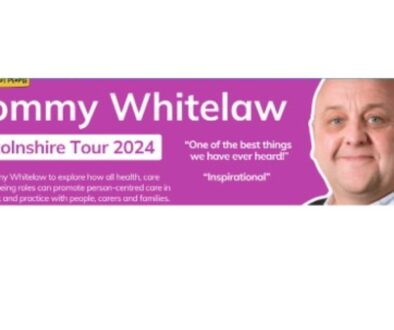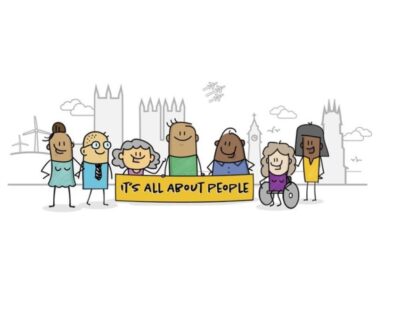Vaccination access by Health and social care
From 11th February, initially for a period of 2 weeks, all eligible frontline care workers can also access their first vaccination via the National Booking Service. This provides an additional option for employers and eligible frontline social care workers to access an appointment at a time and place that is convenient for them. The National Booking Service can be accessed via: https://www.nhs.uk/conditions/coronavirus-covid-19/coronavirus-vaccination/book-coronavirus-vaccination or by phone: 119.
As with the current process, social care workers can access their vaccination appointment with a Local Authority-issued Notice of Eligibility. They can now also use a recent letter from their employer, along with photo identification which confirms their place of work. For those who do not have a work photo ID, as a minimum, a letter from their employer with another form of photo ID will be needed.
For a person to be eligible as a health or social care worker they should meet the definition summarised as follows;
Frontline healthcare staff
This includes staff who have frequent face-to-face clinical contact with patients and who are directly involved in patient care in either secondary or primary care/community settings. This includes doctors, dentists, midwives and nurses, paramedics and ambulance staff, pharmacists, optometrists, occupational therapists, physiotherapists and radiographers It should also include those working in independent, voluntary and non-standard healthcare settings such as hospices, and community-based mental health or addiction services
Frontline social care workers
- those working in long-stay residential and nursing care homes or other long-stay care facilities where rapid spread is likely to follow introduction of infection and cause high morbidity and mortality
- social care staff directly involved in the care of their patients or clients
- others involved directly in delivering social care such that they and vulnerable patients/clients are at increased risk of exposure



